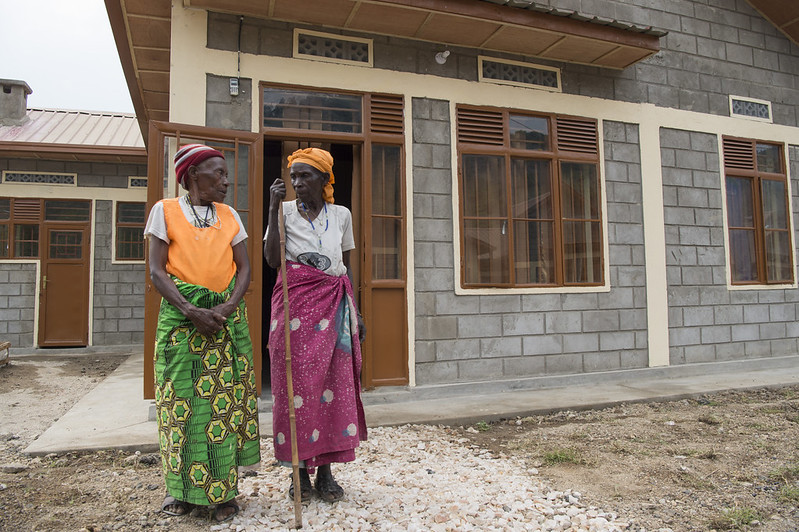Fighting Against Elderly Poverty in Rwanda
 Extreme poverty is a reality in Rwanda, where 48.8% of the population is multidimensionally poor. Elderly poverty in Rwanda is a further concern, where elders are facing economic challenges in retirement and limited access to quality health care. Nonetheless, initiatives proposed by the government and nongovernmental organizations (NGOs) offer hope for the future of older adults in Rwanda.
Extreme poverty is a reality in Rwanda, where 48.8% of the population is multidimensionally poor. Elderly poverty in Rwanda is a further concern, where elders are facing economic challenges in retirement and limited access to quality health care. Nonetheless, initiatives proposed by the government and nongovernmental organizations (NGOs) offer hope for the future of older adults in Rwanda.
Why the Elderly?
While poverty affects all sections of Rwandan society, the United Nations (U.N.) states that 16% of the population lives in extreme poverty, earning less than $1.90 per day. Its effects are particularly noticeable in the older generation. A study of hospitalized patients in the southern city of Butare noted that 17.5% of the hospital beds were occupied by people aged more than 60, most of whom suffered from infections requiring large quantities of medicine.
The increase in population in the last decade partly explains this. Demographics show that out of 12.6 million people, only 5.1% of the growing population is aged more than 60. Governmental policies and organizations invest in the younger generation, providing more opportunities for development. This means the needs of older adults are not always prioritized; consequently, they often face the harsher consequences of poverty.
Government Action
Despite this, in recent years, the Rwandan government has been developing policies that aim to improve the quality of life of elders. The National Older Person’s Policy (NOPP) is an example of one such program, which a U.N. report states aims to support 67,000 older people.
Since its original development in 2016, it has provided social protection, raised funds through stakeholders and established a National Council for Older Persons. The community-based health insurance has been particularly successful in extending health care to 87% of older people in need.
NSINDAGIZA Organization
This Rwandan organization was created in 2014 with the mission of supporting native elderly communities. It does so by raising awareness and advocating for the well-being and human rights of older people, with a particular focus on rural communities. The organization collaborates with Helpage International to regularly hold events in support of older communities.
In 2016, Elie Mugabowishema co-founded NSINDAGIZA and created the “Rwanda Leave No One Behind Network.” Elie was able to do so with the support of another nine organizations. The program centers itself around meeting the Sustainable Development Goals, advocating for the inclusion of marginalized sectors of society and protecting their human rights. This included providing sanitation facilities to locals during the COVID-19 pandemic.
Final Remark
The journey away from elderly poverty in Rwanda is long, but it is making progress step by step. Looking at the government and individual incentives directed toward improving the situation offers a hopeful path to look to the future. There is action and this is bringing positive change to Rwanda’s elderly population.
– Grace Pasqualucci Sammartini
Grace is based in Rome, Italy and focuses on Good News and Global Health for The Borgen Project.
Photo: Flickr
